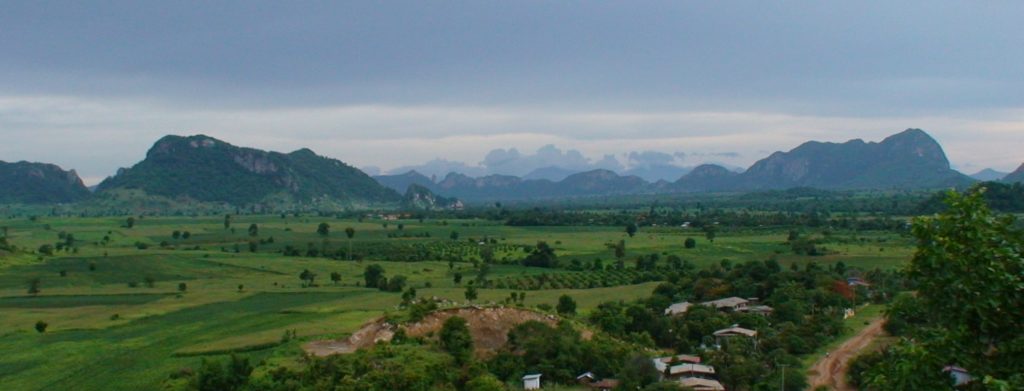Research theme
The making of post-war territories in the north-western uplands of Cambodia

Cambodia’s north-western uplands, bordering Thailand, were the cradle for the Khmer Rouge uprising in the sixties. They also formed the base from which they resisted governmental forces in the eighties and nineties. In the last two decades, the region has attracted migrants who have been converting the large remaining forest areas into new agrarian systems. The context of these transformations is the reintegration of Khmer Rouge rebellion groups into civilian life.
More widely the setting for this transformation is the integration of the area into national and international agricultural markets dominated by agro-industrial groups and the inclusion of the region in the “Ho Chi Minh-Bangkok” ASEAN development corridor.
The related project is an area-based study about the production of post-conflict territories. I examine these cross-border territories using a long-term historical perspective to show how contemporary practices of land and market control reflect a past that goes back to pre-colonial times. I have also developed an analysis of land conflicts to reveal the persistent struggles between Khmer Rouge and neoliberal modes of land control: the State-formation processes associated with these tensions are also identified. I explore the various causes and mechanisms of deforestation and land-use change and particularly the role that the demining of explosives left over from wartime, is playing in the process.
I further investigate the changes and decision-making processes at the household level, exploring the role of war and post-war challenges relating to in-migration and farming activities, as well as the effects these factors have on job mobility within and across the national border (to Thailand). I also explore how groups of people have learned to live together, to build solidarity and to nurture an attachment to places that were forested war fields not long ago.